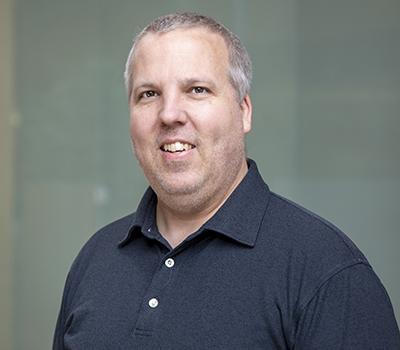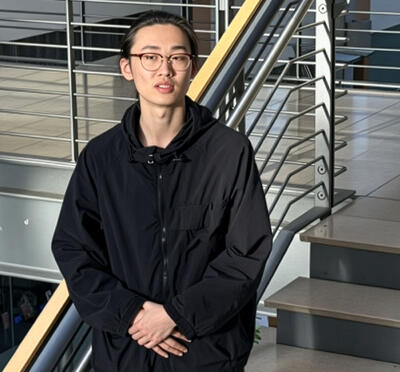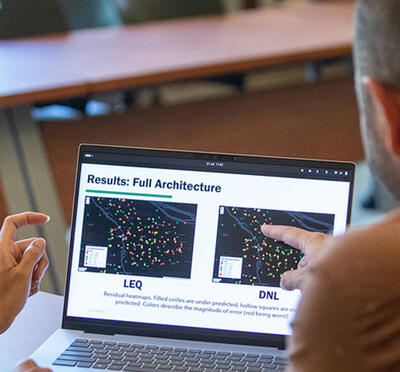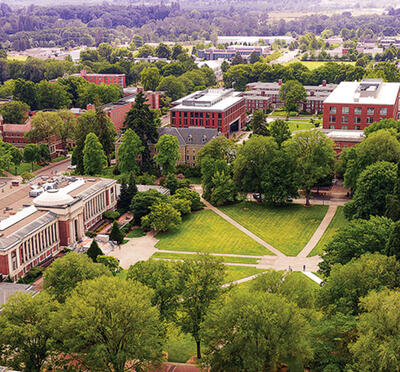Students at Oregon State University played a vital role in making upgrades to the state’s Transportation Operations Center System, part of a two-year project undertaken by the university’s Center for Applied Systems and Software in collaboration with the Oregon Department of Transportation.
A key part of Oregon's traffic management, TOCS enables ODOT to monitor road conditions, manage traffic information, and control digital highway signs across the state.
Students were tasked with making the system’s interface more user-friendly for ODOT dispatchers. The updated interface enables users to customize layouts, filter options, and color schemes to enhance the system’s usability.
“When every second counts in responding to events, it’s crucial that the system meets performance standards and presents information clearly, so our staff can act swiftly,” said Matthew Badzinski, field operations services IT manager for ODOT. “CASS’s knowledge and expertise were instrumental in the solution’s being successful.”
For the students, it’s essentially a paid internship, says Mark Clements, software development and QA manager at CASS.
“We provide them an opportunity to practice doing software development for real customers with real needs,” he said.
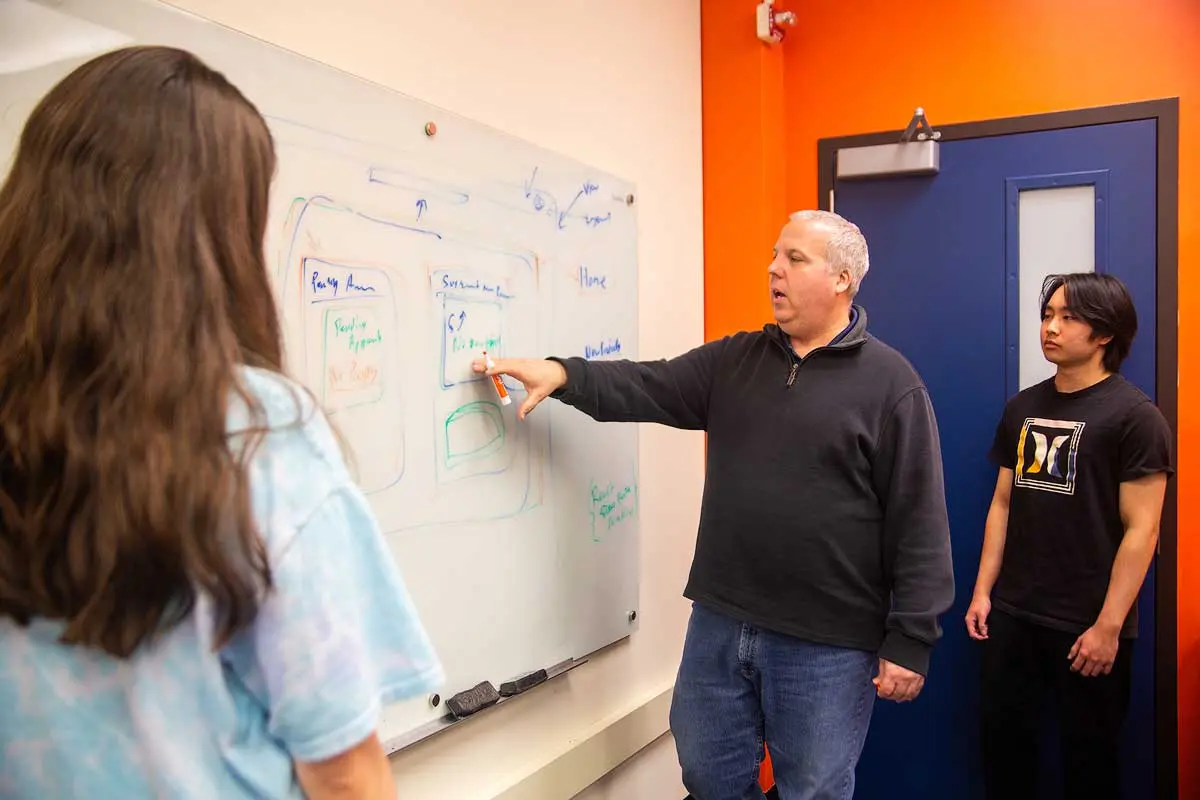
Under Clements’ guidance, students have worked on multiple versions of TOCS, enhancing its capabilities. The latest overhaul of the system’s primary interface was launched earlier this year, with contributions from several student developers.
“The vast majority of the actual rubber-meets-the-road development was done by students, who are computer science majors for the most part,” Clements said.
Real-world experience for engineering students
The College of Engineering is committed to providing authentic, real-world opportunities for students to build the skills and confidence they need to succeed in their careers. Working on projects like TOCS, students gain more than technical expertise. They develop critical problem-solving abilities, improve teamwork skills, and learn how to manage complex, high-impact projects.
“We have students coming back to us saying CASS was the best thing that happened to them while they were in school, because it really gave them the opportunity to exercise their skills and grow to the point where they were ready for a job,” Clements said.
For computer science junior Carson Secrest, the ODOT project was an invaluable opportunity to put theory into practice.
“It’s a great place to get experience before graduating,” Secrest said of his experience at CASS. “I had the chance to try different things before, and I knew what I didn’t like. Working here reaffirmed my wanting to do software development.”
Chris Ho, a computer science sophomore involved in software development projects, says working with CASS has accelerated his learning.
“It’s real-world industry experience, and as a sophomore, I wouldn’t have gotten the chance to do some of these things in class yet,” Ho said.
Computer science senior Jessica Vasilenko started out as an analyst at CASS before becoming a developer.
“It was really cool, because it was more of a business role, and that’s not something I’d done before,” she said.
After transitioning to a developer role, Vasilenko was able to apply her coding skills to projects she had already worked on in her capacity as an analyst.
“I don’t think I would’ve been ready for this developer role when I first started, but the transition was really good,” she said.
Impact beyond the classroom
Through projects like the TOCS upgrade and other industry partnerships, CASS is ensuring that its students leave the program with the practical experience necessary to thrive in their careers. These opportunities help students build their résumés, gain confidence, and meet the demands of the job market.
By working on high-stakes projects that impact both local and state-level operations, students at CASS are also shaping the future of technology in Oregon and beyond.
To learn more about CASS and how it supports both students and clients, visit cass.oregonstate.edu.

